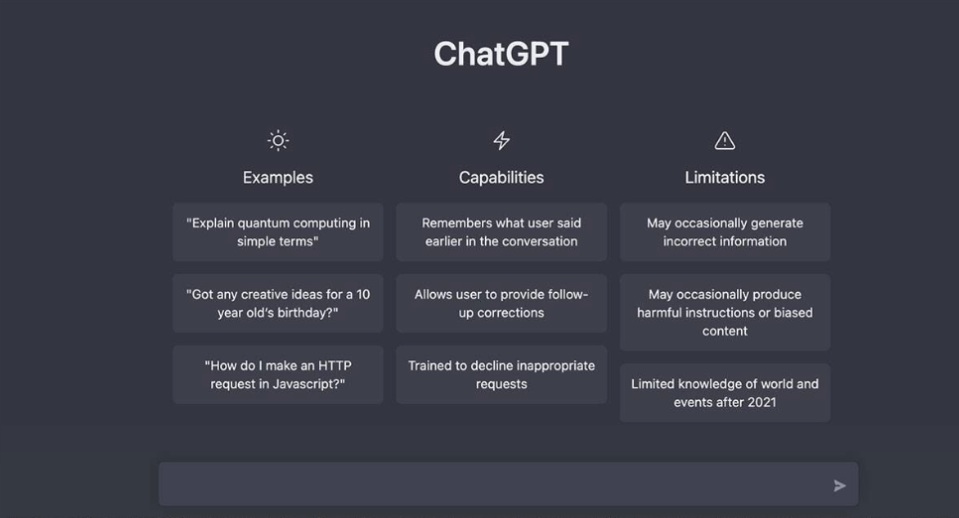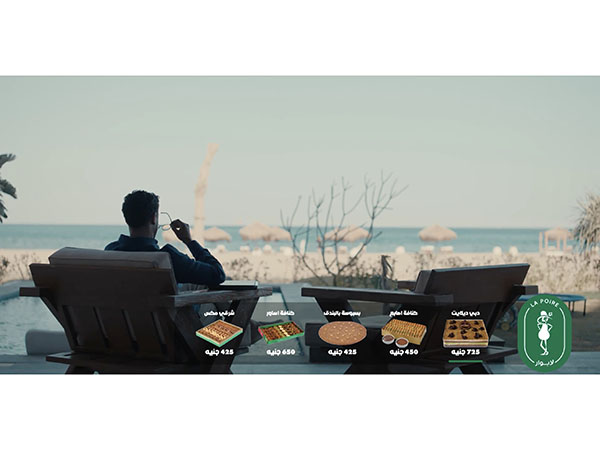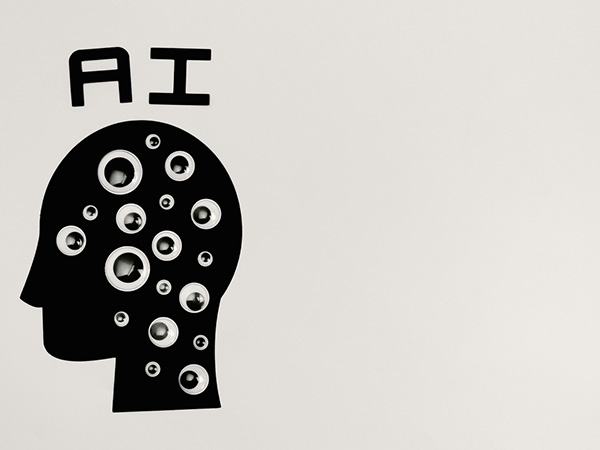News - Digital/Tech
Five reasons why ChatGPT is not a silver bullet for marketing
by Laura K. Inamedinova, LKI Consulting
March 6, 2023

It’s hard not to be impressed by ChatGPT. Even the big companies like Google are feeling the impact. Google releases ChatGPT rival AI ‘Bard’ to early testers, and Microsoft announces ChatGPT integration into Bing search engine. In the meanwhile, marketers online are divided between those who share the tips on using ChatGPT and those who believe it’s the end of their careers.
As the CEO of 7-figure Marketing agency and a marketer in Web3 since 2016, I’ve seen the rise and fall of AI-powered chatbots. I’m frequently asked if they're out to replace marketers completely. As much as I believe in the potential of AI in marketing, ChatGPT is not a cure to many of our headaches and is far from replacing us, and there are several reasons why.
In this article, we'll take a closer look at the panic regarding ChatGPT and shed light on five main reasons why ChatGPT isn't a silver bullet for marketing.
Will ChatGPT take your job?
Automation and AI are powered by machine learning and vast amounts of data. They interact with users in an incredibly realistic way, generating content like poems and term papers, debugging code, answering queries, and more. That’s why more and more creatives in branding and marketing are worrying about their job security.
But relax, things are not as desperate. It’s unlikely that AI will replace you anytime soon (or will take our jobs in our lifetime at all). Before the machines come for your job, the power of tools like ChatGPT will allow you to perform your role with much greater efficiency and effectiveness.
Even with its impressive capabilities to assist marketers in many areas, it is not a replacement for us. First off, while the tool can generate responses to queries quickly, not all of the answers are correct. Despite the confidence, the chatbot has been known to provide wrong information — the ChatBOT prompt page even warns users about this.

Personalization
Personalization is the key element of successful marketing. ChatGPT, like all AI-powered chatbots, can respond to customer queries and provide information, but it cannot create truly personalized experiences. The customers want to feel like they are being heard and understood, and an AI-powered chatbot, no matter how advanced, cannot replicate the human touch that is necessary for building emotional connections with customers.
Context
ChatGPT can only respond based on the data analyzed up to 2021. This means that it has limited understanding of the context in which a customer is asking a question in 2023, making it difficult for ChatGPT to provide the right answer or recommendation. This can lead to frustrated customers and missed opportunities for building meaningful connections. Marketing and branding changes every day, and AIs still have a long way to go to catch up with real people and their expertise.
Handling difficult questions
While ChatGPT is capable of handling simple questions and providing straightforward answers, it may struggle with more complex queries. For example, if a customer has a question about a specific product, ChatGPT may not be able to provide a detailed answer that takes into account the customer's specific needs and preferences.
Limited creativity
Since it only generates responses based on existing data, ChatGPT doesn’t have the creative capacity to come up with new ideas or solutions. This limits its usefulness for marketing to simple tasks. As any person in the industry knows, marketing requires new and innovative strategies to reach customers in meaningful ways. At this point, no one but a qualified professional can come up with strategies and solutions to unique problems.
No use for SEO content
AIs have difficulty producing content for SEO purposes. They mostly repeat the vast bulk of marketing advice available online and mainly produce a lot of very generic content that sounds just like what everyone else is putting out, and it’s not going to be effective at converting your visitors into your customers.
The real team works hard to ensure that the content they produce is findable and addresses search queries and intents. Content team creates every piece of content that is laser-focused on addressing customer needs and their search intent, instead of simply spamming keywords.
Wrapping up
Marketing requires a human touch, creativity, and a deep understanding of customer needs and preferences, which AI-powered chatbots cannot provide. While ChatGPT offers a valuable solution to assist marketers, it is not a replacement for living, breathing, strategic marketers.
It is, however, a tool. And a tool is only as good as the person wielding it. By combining the strengths of AI-powered chatbots with the expertise of human marketers, companies can create a powerful marketing strategy that leverages the best of both worlds.










